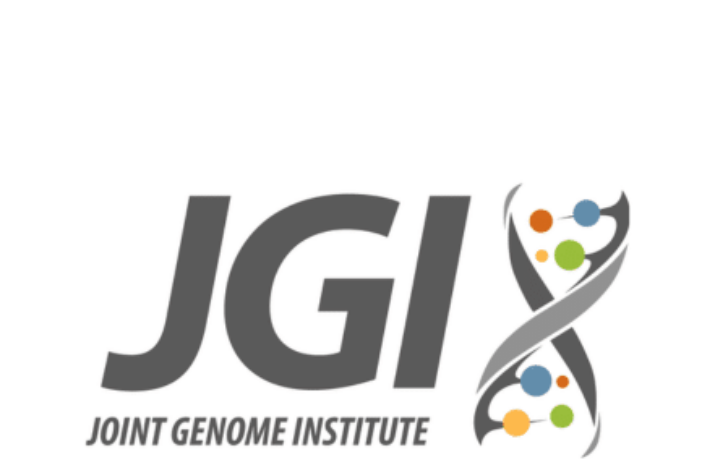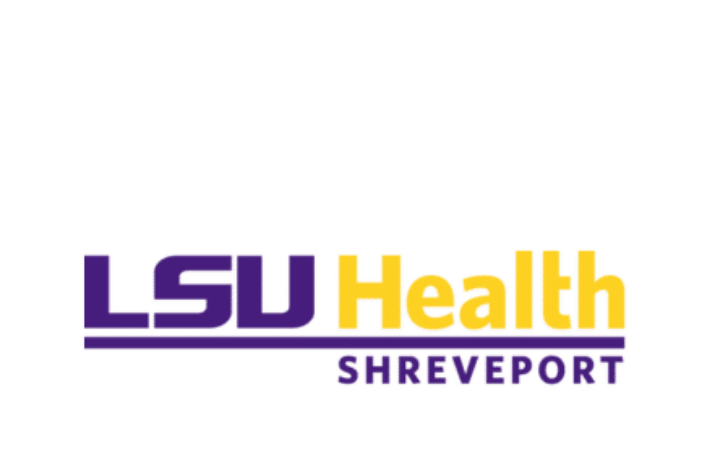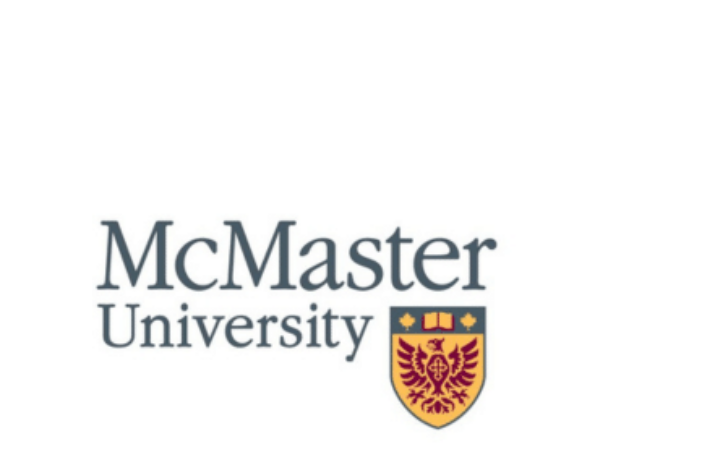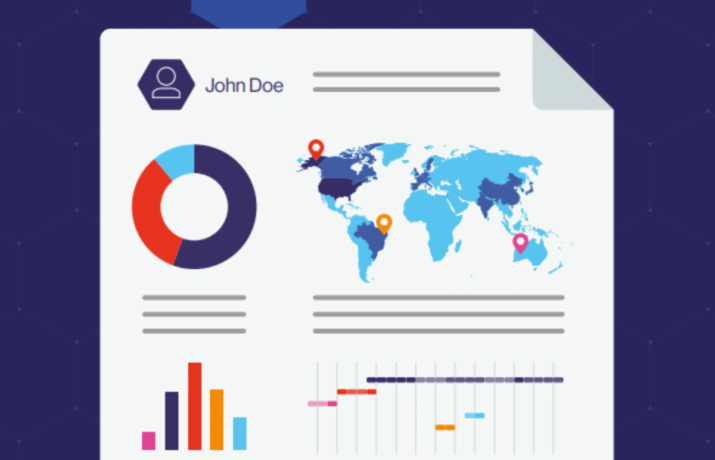Resources
Categories
- All
-
API documentation+
-
Case studies+
-
Dimensions L&C documentation+
-
GBQ documentation+
-
Infographic+
-
Library Toolkit+
-
Publications+
-
Use cases+
-
Videos+
-
White papers+
Sectors
- All
-
Academic Institutions+
-
Chemicals+
-
Corporate+
-
Corporate R&D+
-
Government & Nonprofits+
-
Pharma+
-
Publishers+
-
Researchers+
Resources
Learn how the Queen Mary University of London compliance team uses Dimensions to carry out research security due diligence checks.
Learn how KGL Accucoms uses Dimensions to support global marketing strategies, track Open Access trends, and enhance commercial decision-making.
Dimensions provides access to an extensive collection of linked research data and its connections, making it the ideal solution for horizon scanning. Leverage valuable insights from any research landscape for strategic planning and decision-making with our robust horizon scanning software. What Is Dimensions Horizon Scanning? The horizon scanning technique aims…
Learn how the Joint Genome Institute uses Dimensions to build narratives from numbers.
Learn how LSU Sciences Shreveport ensures research security using Dimensions.
Learn how McMaster University uses Dimensions to showcase research impact.
Unlock the full potential of your research with Dimensions Linked Research Data, the most comprehensive and interconnected data platform available today. By seamlessly integrating data from multiple sources, you can explore research through every phase from initial funding to final output, ensuring your research process is thorough, informed and streamlined.
Access to reliable, comprehensive data is critical when conducting research in any field. Dimensions simplifies the process of obtaining it, providing the most extensive collection of interconnected global research data with over 106 million publications and 1.2 billion citations.
Request a free sample report Consolidate all key data into one place for faster, more efficient reviews. With enhanced reporting and transparent, time-stampedaudit trails, the new and improved Dimensions Research Security ensures seamless collaboration and audit readiness across your institution. So, what does this mean for you? Consolidated compliance data:…










